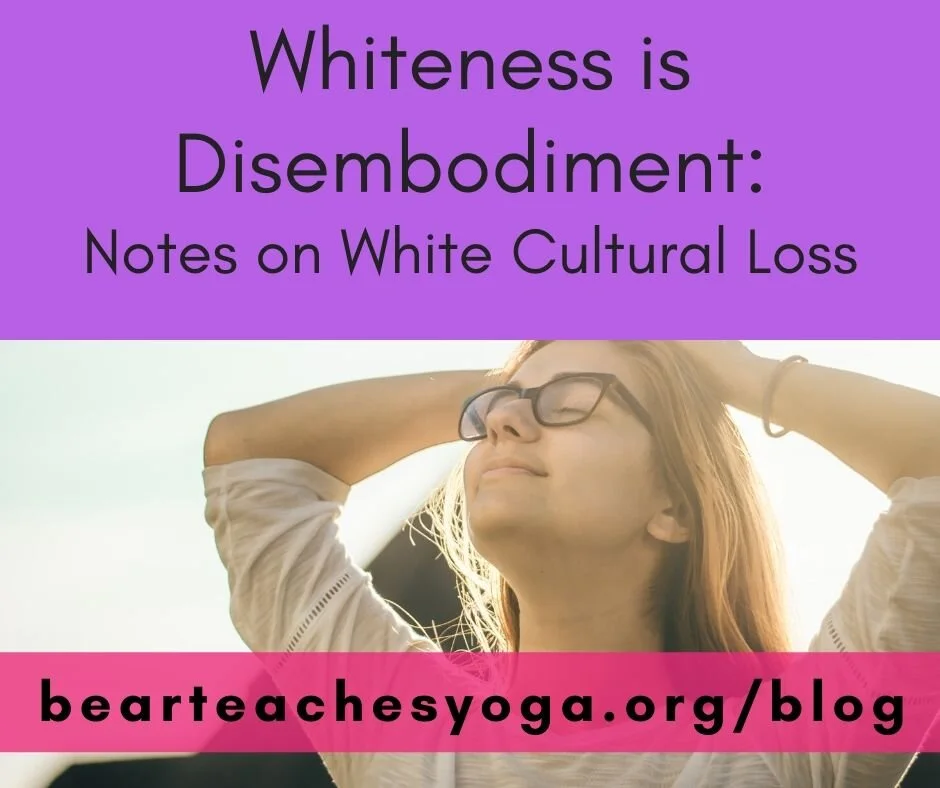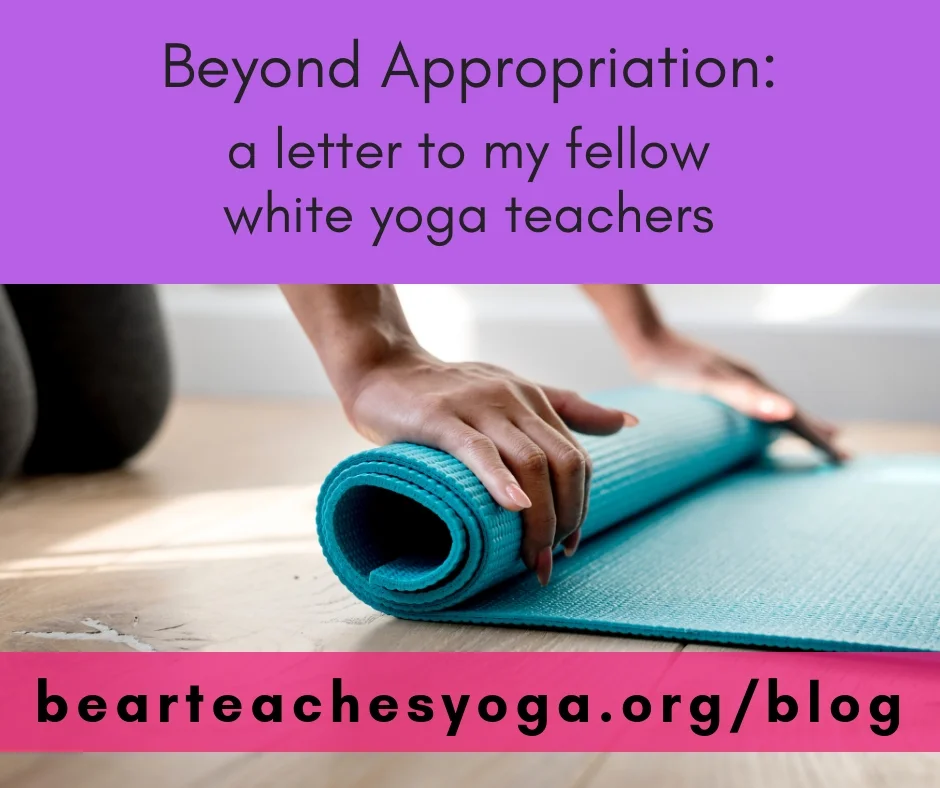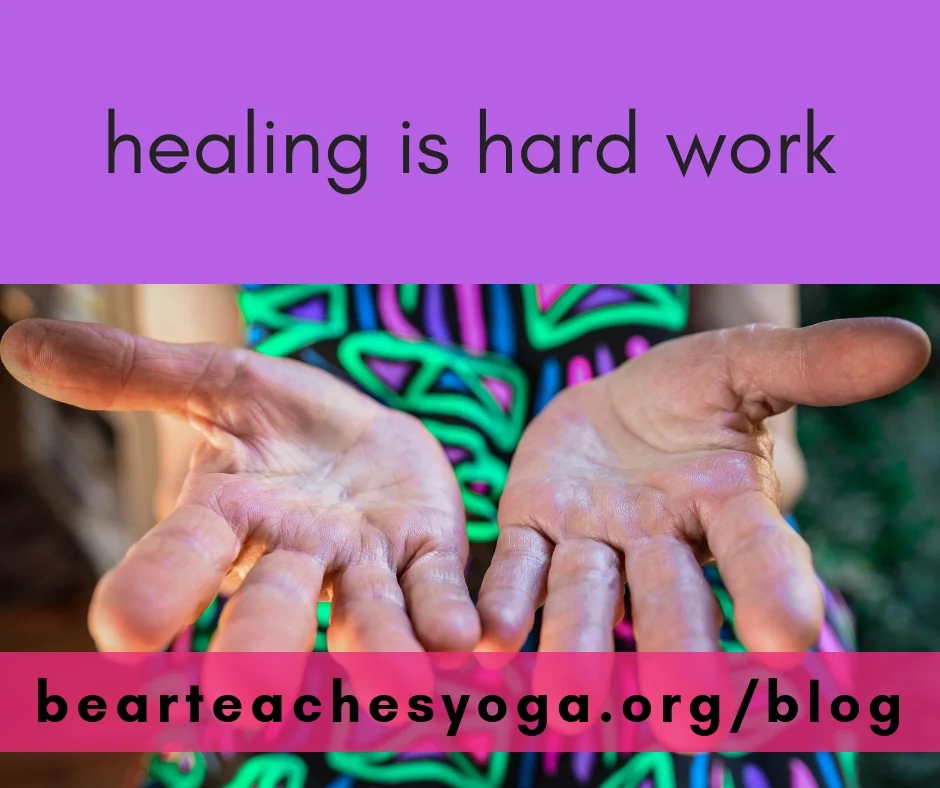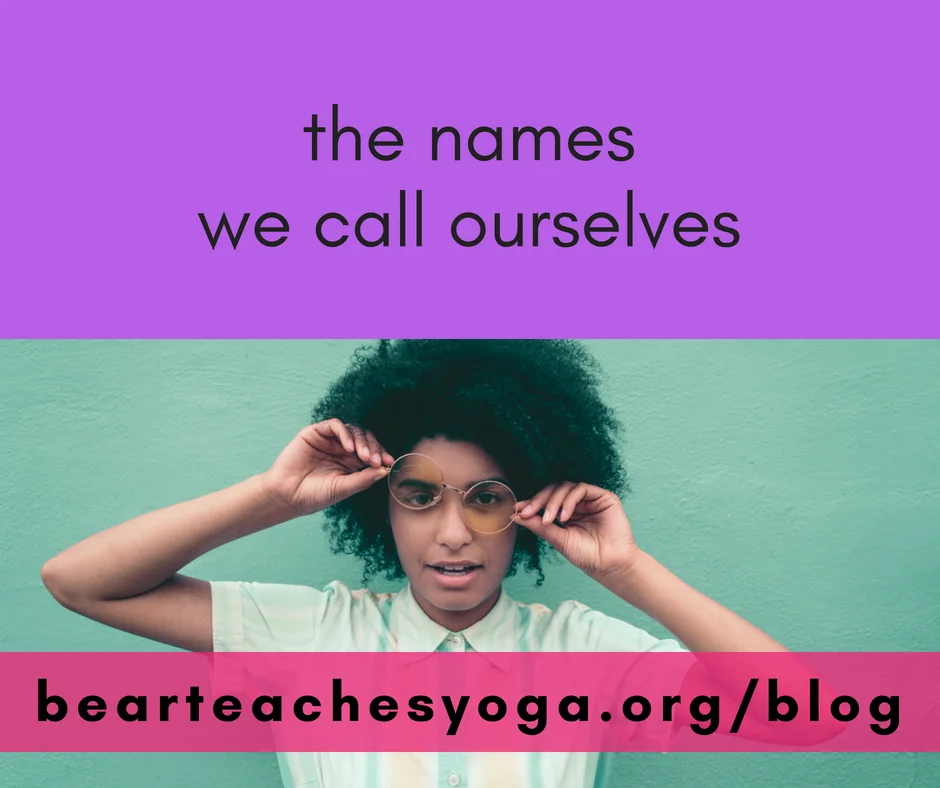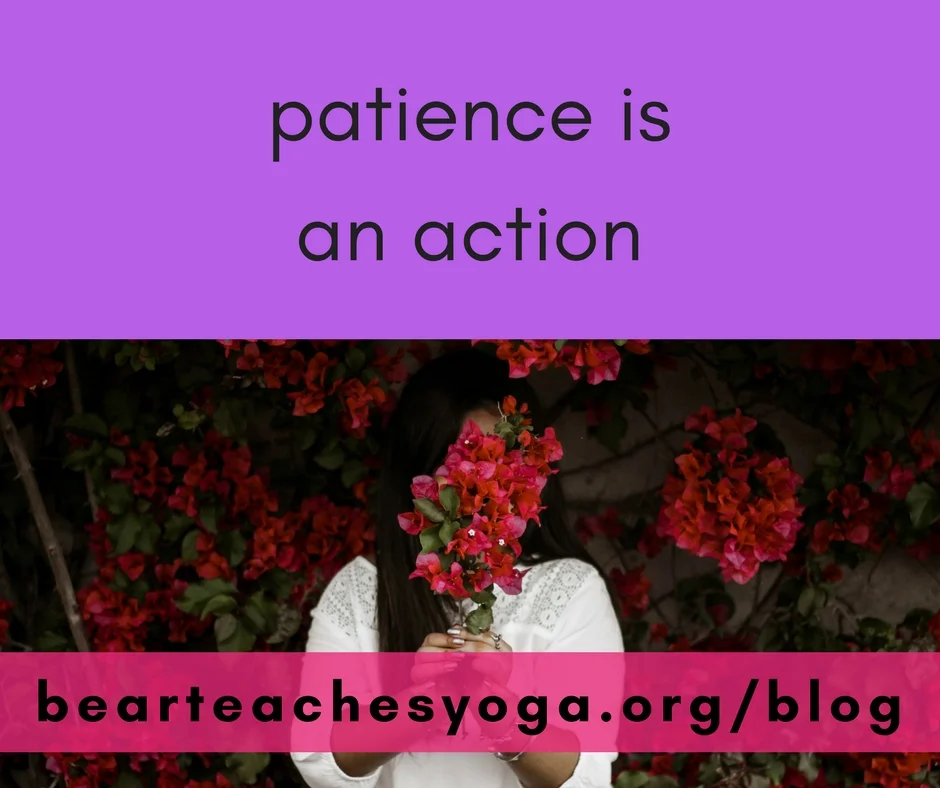This essay is the fourth in a series I wrote on yoga and cultural appropriation, why I quit yoga, and some thoughts for my fellow white people who practice yoga or teach it. Links for all my pieces about cultural appropriation and yoga are below:
Why I’m Quitting Teaching Yoga: a letter to my yoga students
Beyond Appropriation: a letter to my fellow white yoga teachers
This blog is now inactive; you can find my current work at bearcoaches.com, undoingpatriarchy.com, and on Instagram @bearhebert_. Further resources about cultural appropriation can be found here, here, and here.
Becoming white is a process of disembodiment.
Growing up in south Louisiana, I was surrounded by Cajun culture, eating boiled crawfish, shrimp etouffee and boudin, listening to my grandparents speak Cajun French (their native tongue), and watching old folks Cajun dance at weekend festivals. As a kid I didn’t know how special that was: to be a white person living among a thriving subculture of my own ancestry.
Cajun culture lives on through a mix of economic disempowerment, geographic isolation, and the will of our people. The Cajuns endured forced assimilation in a similar fashion to many other ethnic groups. My grandmother grew up speaking Cajun French, but tells the story (echoing so many other initiatives to wipe out culture) of being rapped on the knuckles with a wooden ruler by the teacher for speaking her mother tongue in the schoolyard. Cajuns were cast as a backwards, unintelligent people with everything to gain by giving up their rural ways.
My grandparents, along with many other Cajuns, went along with this. Joining the Air Force, they were able to leave their dirt road town and travel the world. They spoke French to each other only, their own private language, but did not teach my mother or her sisters. They assimilated; they ascended.
The 1980s and 90s were a period of reckoning for Cajun folks, some of whom realized that without concerted effort, the language and all it holds within it would die out with the old folks. French immersion programs were started in public schools, Cajun cooking shows gained traction, Beausoleil won a Grammy, etc.
For many white people in the United States, an upbringing without a coherent cultural narrative is the norm. We are mutts, our backgrounds a mix of largely indistinguishable European lineages. The Irish, the Italians, some Jews to varying degrees, have long ago assimilated, “become white” as it were, traded the specificities of their heritage for the normative ease and homogeneity of whiteness.
Cajuns, on the other hand, have largely escaped the fate of so many other European-American cultures. Make no mistake--I am white, and my Cajun heritage doesn’t deny my white privilege. South Louisiana remains a deeply segregated place, and the racism that exists in all other parts of the country is present here as well. But having a connection to a deep ancestral lineage with intact cultural practices is by and large just not reality for many white people in the United States these days, and I’ve always had that.
I live in New Orleans now, but in Acadiana, where my people have been, uninterrupted, for hundreds years, I had a realization. Watching an old Cajun couple glide around the dance floor on golden threads, I could see it--being Cajun is an embodied existence. All the cultural mores of Cajun-ness live in the body. Language, food, dance, music: these are connected to our corporeal form. They are enacted by tongue, teeth, feet, ears, and arms.
When these practices go away, or have their specificity dissolved into the sameness of whiteness, we are left as floating heads. We become intellects with no limbs, no trunks. This lack of embodiment defines (or at the very least tinges) all of whiteness. White people have been disembodied for generations.
Despite growing up surrounded by my Cajun heritage, I always felt mostly adjacent to it. I loved my grandmother’s cooking, but I didn’t speak her language. Partner dancing seemed embarrassing to me as a self-conscious youngster, and Cajun music sounded whiny and frenetic to my unattuned ears. Even as I was immersed in embodied culture, I could not practice it myself.
This is a tremendous loss.
This loss is something we cannot speak of, to each other or ourselves. The construct of whiteness is upheld first and foremost by its invisibleness. Whiteness exists by making itself invisible: all aspects that are distinct or distinguishing must be given up if we hope to assimilate into whiteness, lest we insinuate that whiteness is a thing at all. So we can’t see the loss, even though we wander grief-stricken, groping for any sense of embodiment that connects us to our souls.
How did yoga asana become such a phenomenon in the West? It pairs embodiment with deep spiritual meaning---or at least the vestiges of it. And as white people, we eat it up. It feeds our invisible, unspoken hunger. It fed mine.
Yoga is particularly complex as a practice for white people to engage. Indian people “shared” the practice with Westerners, yes. And that sharing happened under the jurisdiction of a British colonial state and the post-colonial mess that was left.
To say it was freely given is a gross oversimplification of the power structures at play. So what are we, well-meaning white people, to do? Can we begin to examine our true intentions in practicing these arts that are not ours? What isn’t ours? Can we give it back? Can we stop taking it?
And can we start to examine the practices that do belong to us that have been lost? So many European cultures from whence we descended have folk song, dance, drumming, cuisine, costume, language, traditional medicine, and nature-based rituals. What might it mean to take on the work of reconnecting with these lost ancestral arts and practices? What wounds might that heal?
It’s like we have had to put on someone else’s body in order to have one. We’re so divorced from our own bodies, our ancestors bodies. This disembodiment causes disconnection from our lineage and a lack of respect for other cultures. We got told that whiteness is nothing, because it has to stay neutered, invisible in order for the system to function. And we believed it.
Our ancestors traded specificity for power; lineage for privilege. And they passed on the power and privilege and we lost the specificity and lineage. Because of white invisibility, we love the cultures of people of color. We love yoga and meditation and jazz and hip hop because they are exotic, other, unknown. Whiteness is banal, mundane, square, and patently uncool.
Our ancestors are Sicilian, Germanic, Gaelic, Norse, Acadian. But I don’t know how to say the Hail Mary in Cajun French. I’ve never been to Poitou-Charentes. I learned to make a roux from the Joy of Cooking. We’ve never seen the traditions of our people. They are foreign to us. We are foreign to ourselves.
We seek other cultures to replace our own. Instead of learning Italian prayers, we teach ourselves chants in Sanskrit. Instead of making tree altars to Celtic goddesses, we wear Ganesh t-shirts. Instead of Klezmer folk dancing, we learn to stand on our heads. We henna our hands and bindi our third eyes. We are no closer to Sanskrit than we are to Italian, yet Sanskrit seems more appealing, more accessible. Because to call attention to how we have no connection to those who came before unsettles the system, a system that even if we don’t intend to be, we are holding up with our very existence.
Here are some questions I’m asking in an attempt to repair the breach.
What does reorienting look like? How can we lean into our own lineages, no matter how broken? What are the spiritual and cultural practices that might actually be mine?
How can I find out more about them? Who is already doing this work? How can I learn from these people?
What are my internalized ideas about the inferiority or non-existence of white culture? Can I hold space for my grief around the bereftness of whiteness? What does it feel like to be in my body in an un-appropriated way? What grief is buried there that might be unearthed? What are the practices that reconnect me to a lineage that is mine, however shredded the threads?
I don’t have to have all the answers, and neither do you. But we do have to keep asking ourselves and each other the hard questions. We do have to keep trying our hardest to destroy white supremacy, not by ignoring it, but by lifting up the strands of ethnic and cultural heritage that were sublimated in order to create it.
We are surely more connected to our own ancestors’ practices than we are to those espoused by an unrelated people on the other side of the planet. Whiteness may feel less enticing, less sexy, less thrilling. But perhaps for white people to pursue our own ancestral practices is more human. More humanizing.
Whiteness is disembodiment, but there is knowledge in your DNA. There is wisdom in your bones. Can we resurrect the dances of our grandmother’s grandmother’s grandmother’s grandmother? Can we reanimate the songs our uncles sang in the fields, by the fires? What remembering may happen in dreams? Can we call it forth into waking?

